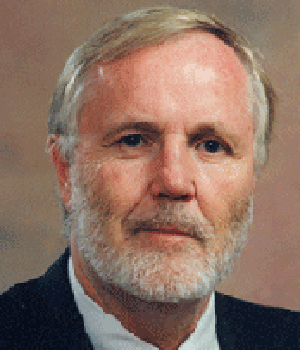Dr. John F. Kain received his A.B. from Bowling Green State University in 1957 and his M.A. and Ph.D. degrees from The University of California at Berkeley in 1961. Before joining the UT Dallas faculty in 1996, John was the Henry Lee Professor of Economics and Professor of Afro-American Studies at Harvard University, where he taught for 35 years.For a period of six years, 1975 to 1981, John served as Chairman of the Department of City and Regional Planning in Harvard’s Graduate School of Design and John F. Kennedy School of Government and, from 1988 to 1991, he served as Chairman of Harvard’s Economics Department. In his lifetime, John wrote extensively on urban economics, housing markets, racial discrimination and transportation. His books include
The Urban Transportation Problem, Housing Markets and Racial Discrimination: A Micro-Economic Analysis and Housing and
Neighborhood Dynamics: A Simulation Study. His most well-known research, referred to as the “Spatial Mismatch Hypothesis,” argued that unemployment among African-Americans resulted from housing market segregation – a “spatial mismatch” between where African-Americans’ worked and lived.In the late 1980s, Kain became convinced that our school system was failing minority populations and he was determined to understand why. To do so, he successfully gained access to Texas education data. In 1992 Kain founded Texas Schools Project at UT Dallas and, in 1996, joined the UT Dallas faculty as the Cecil and Ida Green Chair for the Study of Science and Society and Director of the Cecil and Ida Green Center for the Study of Science and Society at UT DallasKain’s data collection effort in Texas eventually led to 2006 legislation establishing three Education Research Centers in Texas, one of which is housed at UT Dallas, and has served as the model for numerous imitators throughout the country.
With John’s death in 2003, the academic community lost both a remarkable visionary and loyal friend. The Texas Schools Project team is committed to preserving John’s legacy by building upon his foundational work.
